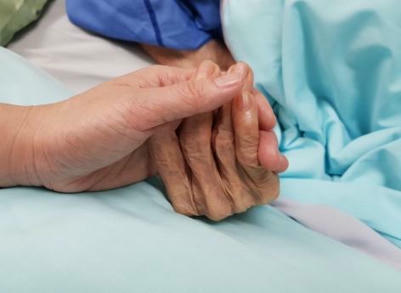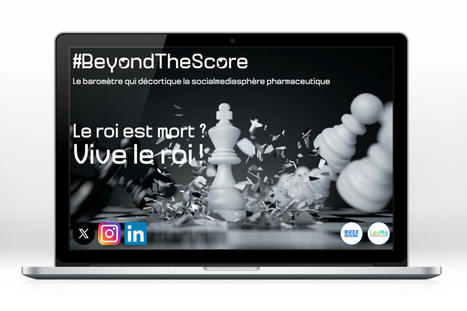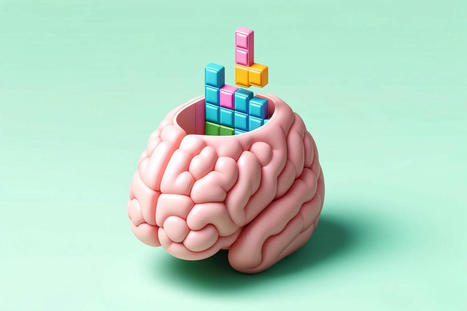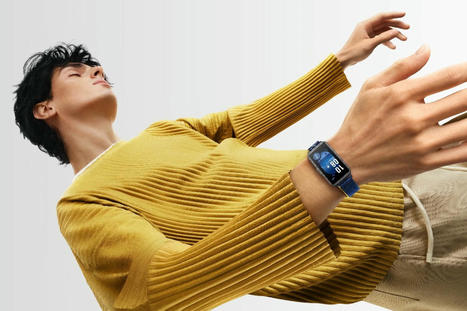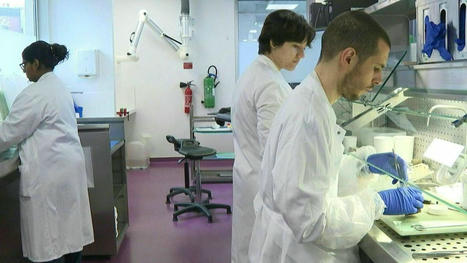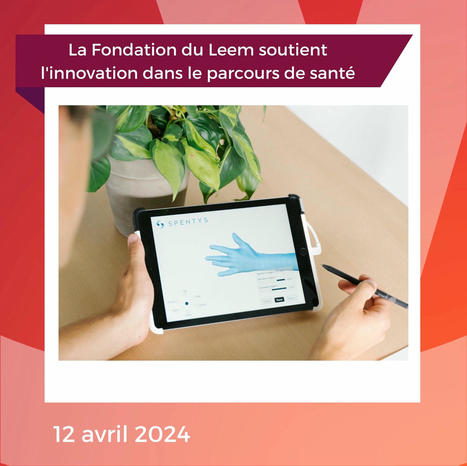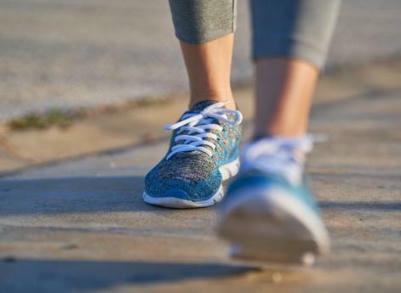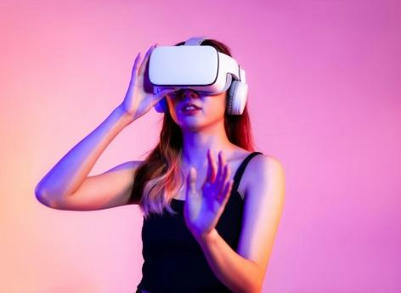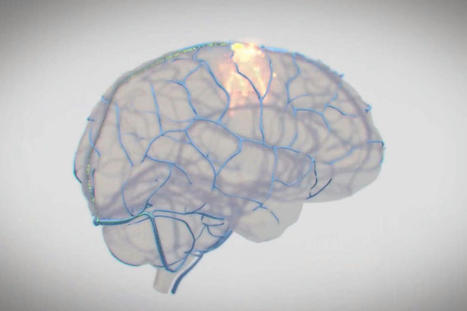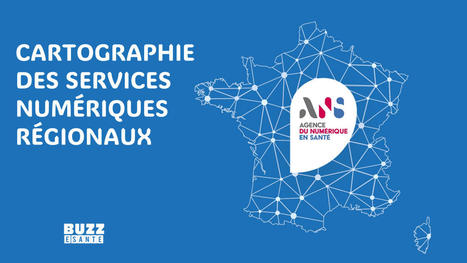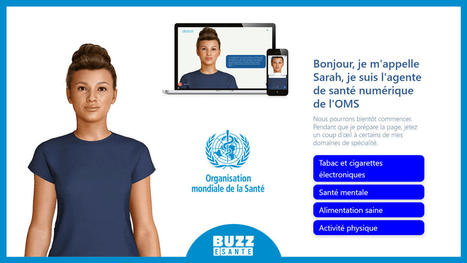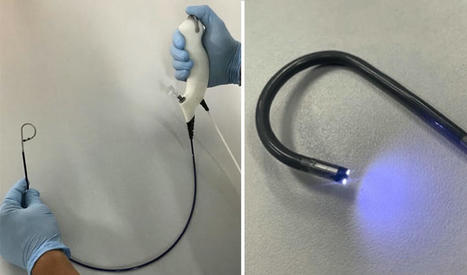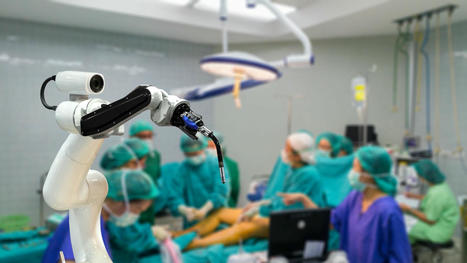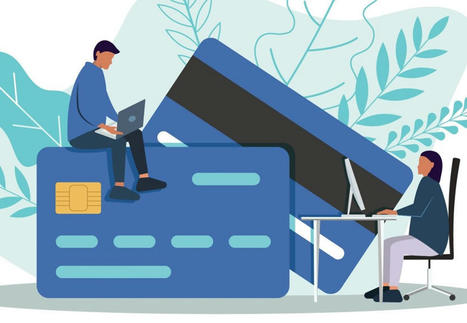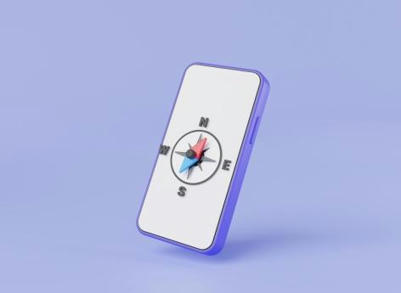Facebook has 1.3 billion users, more than 900 million people use Twitter, and an hour of video is uploaded to YouTube every single second. In the last decade, social networks have fundamentally changed the ways we connect, build communities and share ninja cat GIFs.
So much about health care seems perfectly matched for this modern landscape of social media: All those heart-wrenching stories of recovery against the odds, inspiring new robotic inventions, cases of doctors who just care too much and loads of “you’ll never believe” medical research.
But when it comes to social media, the health sector is just getting started.
“Healthcare is habitually late to the party when it comes to marketing and communications, as it’s a heavily regulated industry. Social media is no exception,” said Amanda Changuris, a social media marketing analyst at Highmark and an advisor to the Mayo Clinic Center for Social Media.
“The good news is that there are now some truly excellent minds putting the medium through its paces for the benefit of patients, physicians and the public in general,” said Changuris.
What can social media and medicine do? From organ donations to #FOMO (which stands for “fear of missing out”), here are nine ingenious examples of health care making the most of social networks:
Opening Operating Rooms to the World
If blood and gore doesn’t make you squeamish, tune into live hospital video streams. Health organizations are tapping into our fascination with medicine and human anatomy by broadcasting surgical procedures via social media.
The Swedish Medical Center in Washington State ran a live broadcast of a cochlear implant surgery and followed up with emotional video of the patient listening to music for the first time. Memorial Hermann Hospital in Texas showed a six-pound baby boy being delivered via cesarean section live from the OR on Twitter. UCLA broadcast live on Vine during brain surgery, showing the Parkinson’s patient playing country music guitar mid-operation.
A screenshot from a video intended to reduce fears about the “snip”(YouTube/ World Vasectomy Day)
And in 2014, the doctors behindWorld Vasectomy Day took it a step further with a single-day live broadcast of 25 vasectomies. Over 10,000 viewers tuned in to the video stream of surgeries, international video interviews and short documentaries — all as part of advocacy efforts to reduce fear of “the snip.”
Crowdsourcing Tough Medical Diagnoses
The average patient who signs up to a website called CrowdMedhas been sick for about eight years, spent more than $55,000 on medical expenses and still doesn’t have a diagnosis for their disease. The crowdsourcing startup helps patients reach a network of “medical detectives”— mostly healthcare professionals and medical students across 23 countries—with their tough medical cases.
One patient, Juliette (pseudonym), found a diagnosis and cure in just two weeks for a painful swelling condition that had kept her bedridden and undergoing surgery for two decades.
“Our ‘medical detectives’ spend an average of 11 hours per month solving medical cases on the network, which is more time than the average user spends on any other online social media,” said Jessica Greenwalt, co-founder of CrowdMed.
“They devote a lot of time to researching diagnoses and communicating with patients.”
Raising Millions for Clinical Research
When four-year-old Eliza O’Neill was diagnosed with a rare pediatric disease, her parents turned to social media with a poignant video.They’ve now raised more than $2 million for Sanfilippo Syndrome from 30,000 donors and are working with Nationwide Children’s Hospital in Ohio to speed clinical trials for a promising cure.
Campaigns like Eliza’s and the ALS Ice Bucket Challenge —which raised $115 million in just a few months — prove just how potent a platform social media can be for raising funds and awareness. The social media model is now being used for everything from #strongarmselfies for colon cancer to buckets of soapy water for Ebola awareness.
Tapping into #FOMO for Public Health
UCLA studied using social networks to drive up peer pressure and combat the spread of AIDS. The Harnessing Online Peer Education(HOPE) study found that social media conversations could triple the request rate for at-home HIV tests in high-risk populations in just three weeks. The researchers are now focused on expanding the study’s lessons to combat substance abuse, depression and bullying.
“I think there’s a huge potential in social media—not necessarily because of social media itself, but because everyone uses it,” said Sean Young, executive director, UC Institute for Prediction Technology and UCLA Center for Digital Behavior and the primary investigator on the HOPE study.
“Researchers are typically behind the curve in terms of what people are using in technology. People who want to find sex partners, who want to find drugs, they’re going to use the most up-to-date technology to do that. Researchers need to stay ahead of the latest tech trends to keep up.”
Mining Social Data for Life-Saving Trends
The massive, real-time trove of public social media data is a potential gold mine for medical researchers. For example, University of Pennsylvania recently found that angry tweets were a strong predictor of fatal cardiac disease. According to the study, the “model based only on Twitter language predicted [heart disease] mortality significantly better than did a model that combined 10 common demographic, socioeconomic and health risk factors, including smoking, diabetes, hypertension and obesity.”
Screenshot of a real-time Ebola tracking map from researchers at Northeastern (Emily Peters)
Researchers at Northeastern University created a real-time map tracking international Ebola awareness through tweets. In Italy, scientists improved on Google’s Flu Trends to create accurate “syndromic surveillance” of flu through Twitter. While the potential for social media in research is huge, there are emerging debates about the ethics and accuracy of using the data.
Direct Messaging Candidates for Clinical Trials
An estimated 30 percent of the work of a clinical trial is spent on patient recruiting, and difficulty finding patients is cited as the top reason that clinical research is delayed. Social media is changing this fast.
A graphic developed by PatientsLikeMe(PatientsLikeMe)
In fact, one study in the journal Pediatrics found that 84 percent of patients for two recent pediatric rare disease trials were referred via social media. The patient social network PatientsLikeMe even has a tool to automatically match members to over 45,000 clinical trial opportunities. Patient recruitment via social networks could lead to quicker and more cost-effective research for cures.
Paging Doctors About the Conversation
A heat map of salaries for general surgeons by region. (Doximity)
Strict privacy restrictions made social media a dangerous territory for medical professionals early on, but the healthcare sector is adapting quickly.
Professional networks such as Sermo, Doximity and Figure 1 have created physician-only social spaces for collaboration. Doximity has gone so far as to crowd-source information on medical training and salaries to provide back to its doctor membership. Mayo Clinic’s Center for Social Media has been a leader in helping doctors and medical organizations to dip their toes in the social waters.
What’s Trending? Organ Donations
When Facebook added a single organ donation question to their timeline, over 57,000 people announced their intentions to be donors, and 13,000 officially joined their state registry in a single day— an increase of 21 times over normal registration rates, according to Johns Hopkins researchers. The long-term impact of Facebook’s organ donation campaign is still being studied, but it’s a hopeful step for the over 100,000 Americans currently on organ waiting lists.
Making Disease Awareness Personal
Lastly, a social media campaign made use of Facebook’s unique features to cleverly raise awareness of a terrible disease. In Holland, health advocates photoshopped people into pictures of events they never attended and then tagged them on Facebook. A followup message said, “Confusing, right? You’re now experiencing what it’s like to have Alzheimer’s disease.” Skip to the bottom for a video with details of their ingenious social campaign.
All the examples above took place in the past few years, which suggests that this potent combination of social media and medicine is still in its early days. Despite concerns about consumer privacy and some reticence from healthcare leaders, researchers, doctors, and patients have found fresh new ways to make the most of the social networks that connect us all.
Via Plus91



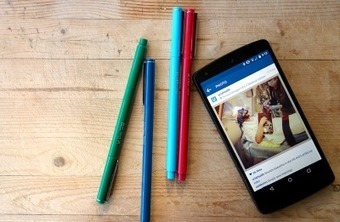


 Your new post is loading...
Your new post is loading...
